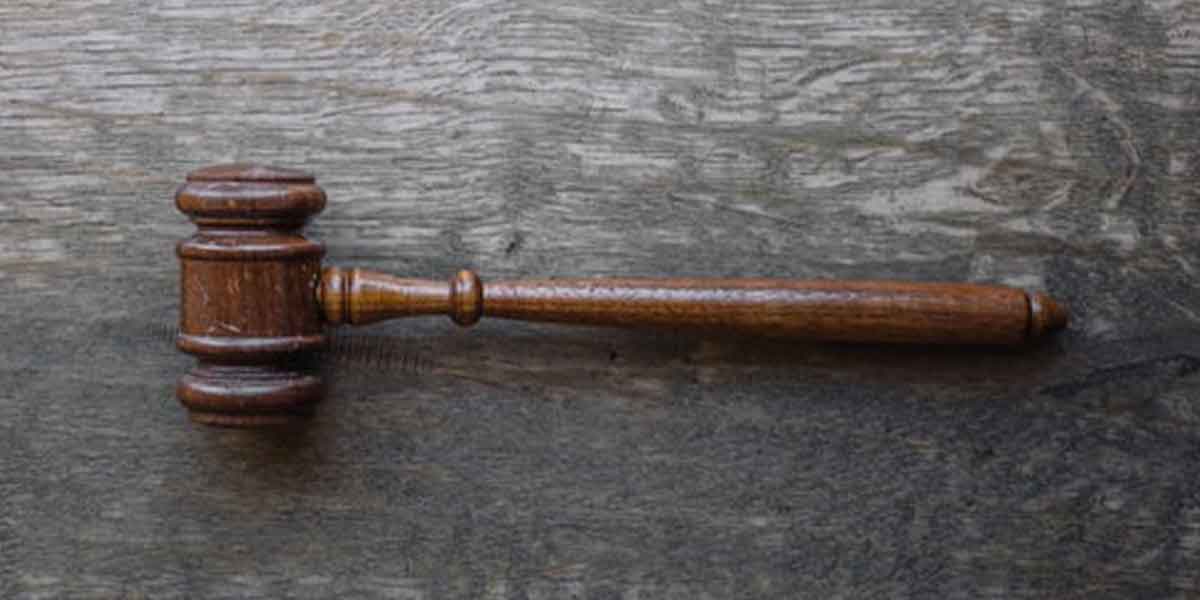Probate is a procedure which is carried out when a person dies and their last Will (considering they drawed it in advance) is processed. Probate defines the process by which their last written wishes are legally validated as the final statement of their assets, holdings and various possessions. When the person dies, the court assigns a beneficiary named in the will or an administrator to carry out the process of Probate.
Some of the most important needs for a probate are the following:
1. To transfer the ownership of the deceased person’s holdings and assets to the beneficiaries. If there are no holdings or fixed assets to transfer, there is no requirement for probate.
2. This procedure is required when an estate’s assets are simply in the deceased’s name. The property may not have any other names attached to it. In that case, the property must go through probate procedure so that it can be transferred to the respective heirs.
3. Finally, it provides a legal method for the actual physical distribution of the remainder of the estate’s property to the heirs and recipients.
What Can Delay the Probate Process?
1. Estates with more than three or four beneficiaries generally take a long time to get resolved through this procedure.The reason for taking such time for the process to get finished is that each and every heir has to be notified at every step of the process.
2. When beneficiaries reside some distance away, the probate procedure sometimes takes a little longer amount of time.
3. Estates with assets in the various states.
4. When there are too many Wills to undergo the probate procedure.
5. Selecting the wrong heir to act as executor can cause the process to drag on and on.
How does the process go?
1. First of all, you have to file a petition and send notice to heirs and recipients. The main probate process starts by filing the petition by two conditions.
a. Admit the will to the probate court and hire an attorney.
b. If there is no will, appoint a lawyer for the probate case.
Generally, the lawyer provides the hearing date of the case and notice of the petition to the beneficiaries. If the beneficiary objects or an heir to the petition, they have the power to do so in court. And generally, a major newspaper publishes a notice of the hearing.
2. According to the notice of the court, the appointed attorney has to send the notice to each of the creditors and beneficiaries and make a catalog of the estate. The lawyer sends written notice to each of the beneficiaries following the state’s law. If any creditor wants to make a claim for the property, he or she has to do so within a certain time. Also, the state law will verify the claims.
3. All the funeral costs, taxes and debts of the case are charged from the estate. The personal representative has to regulate the whole process and also they have to look into the claims of the property lawfully. After all this, the attorney gets right to sell the property or make a decision for the respective property.
4. The court transfers the title of the property according to the Will that is under the laws of intestacy. After the waiting period is over, the personal attorney pays the bills from the estate and by solving the claimant matter. Generally, the appointed lawyer makes a petition to the court for transferring the assets to the beneficiaries as directed in the last Will or under the state intestate succession law provided there is no will.
Things an executor should be aware of
The executor should be aware of the following things while executing the process of the petition:
1. Taking responsibility of the decedent’s property and other assets until they get a fair settlement.
2. Conducting the whole distribution process of the assets and property.
3. Managing the inheritance of the property along with real estate.
4. Presenting the Will in the probate court correctly.
5. Making the payments for taxes and the ongoing proceedings expenses.
Conclusion
Probate is the process of dealing with the estate of someone who has died, so filing a petition is very necessary. A proper draft is then updated regularly to account for each and every life changes that occur. Records of debts, personal holdings, and other benefits simplify the probate process.




